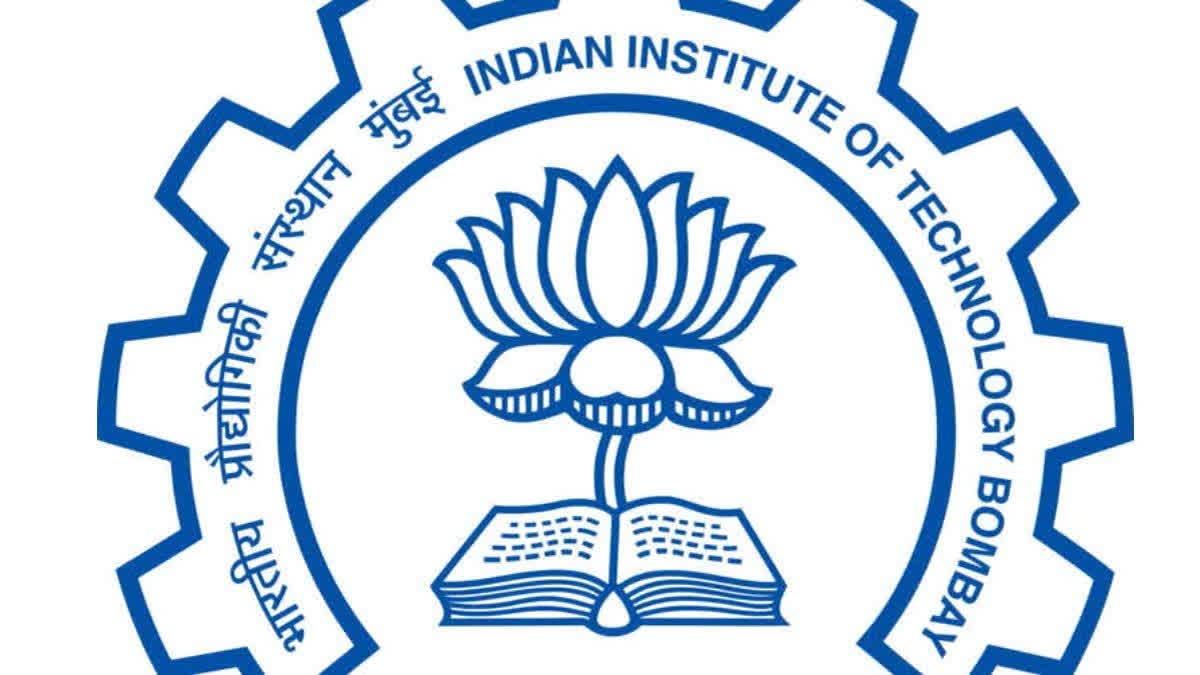New Delhi:In a significant move to enhance the research landscape in India, the Centre has selected IIT Bombay and IISER Pune as two of the 31 premier institutions that will now function as 'Research Hubs' under the National Initiative for Promoting Research and Innovation in Higher Educational Institutions (NIPRI).
This initiative aims to bolster research activities across the country by leveraging the expertise and infrastructure of these top institutions to guide and mentor other universities and colleges, referred to as 'spoke' institutions.
As part of this initiative, IIT Bombay and IISER Pune will mentor and provide guidance to 140 institutions that fall under this 'spoke' category, encouraging a culture of research excellence, fostering collaborations, and sharing resources. This collaboration, launched by the Ministry of Education, seeks to create a robust ecosystem that nurtures innovation and promotes cutting-edge research in various fields.
A Game-Changer for the Indian Research Ecosystem
The inclusion of IIT Bombay and IISER Pune in this program is seen as a pivotal moment for India's higher education sector. According to Dr. Suresh Karndikar, Director of IIT Bombay, the initiative offers a unique opportunity for these prestigious institutions to share their research infrastructure, mentor younger institutions, and elevate the quality of academic work nationwide.
“We are honoured to be part of the NIPRI initiative. This collaboration not only allows us to expand the scope of our research but also empowers other institutions to engage in meaningful academic inquiry and research, particularly in fields where there is immense potential for growth and innovation,” said Dr. Karndikar.
He emphasised the importance of creating a symbiotic relationship between the 'hub' and 'spoke' institutions, which would allow for the effective exchange of ideas, best practices, and advanced methodologies. By acting as mentors, leading institutions like IIT Bombay and IISER Pune will be instrumental in fostering a culture of high-quality research, he added.
Key Areas of Focus for Research Development
Under the NIPRI framework, IIT Bombay and IISER Pune will focus on areas like science, technology, engineering, and mathematics (STEM), as well as interdisciplinary subjects that combine these fields with humanities and social sciences. The initiative is designed to provide access to state-of-the-art research tools, funding opportunities, and expert guidance from experienced faculty members to researchers at the 'spoke' institutions.
"We will not only guide in terms of research methodology but also help integrate these institutions into national and global networks, opening up avenues for international collaborations and cross-disciplinary studies," Dr. Karndikar noted. He also mentioned that IIT Bombay plans to use its expertise in cutting-edge areas such as artificial intelligence, robotics, and sustainable energy to assist spoke institutions in building capacity for such advanced research areas.
Bridging the Gap in Research Quality
While top-tier institutions like IIT Bombay and IISER Pune have long been recognised for their high-impact research contributions, the Centre has aimed to extend this excellence to universities and colleges across the nation. Many institutions in the country still struggle with limited research facilities and resources. The NIPRI initiative, which aims to reduce this disparity, intends to uplift these institutions by ensuring access to modern research infrastructure, regular mentorship, and collaborative projects.
Through this program, the government hopes to create a sustainable model for research that can bridge the gap between elite institutions and other universities, thus facilitating the generation of high-quality research across the country.
A Step Toward National and Global Recognition
The NIPRI initiative is also seen as a step toward positioning Indian research on the global map. By enhancing research collaboration and mentoring, IIT Bombay and IISER Pune will help integrate Indian research output into global academic networks.
As Dr. Karndikar put it, "This initiative aligns with our vision of not only strengthening research within our institution but also contributing to the overall development of research capabilities across India, making Indian institutions globally competitive in research and innovation."
